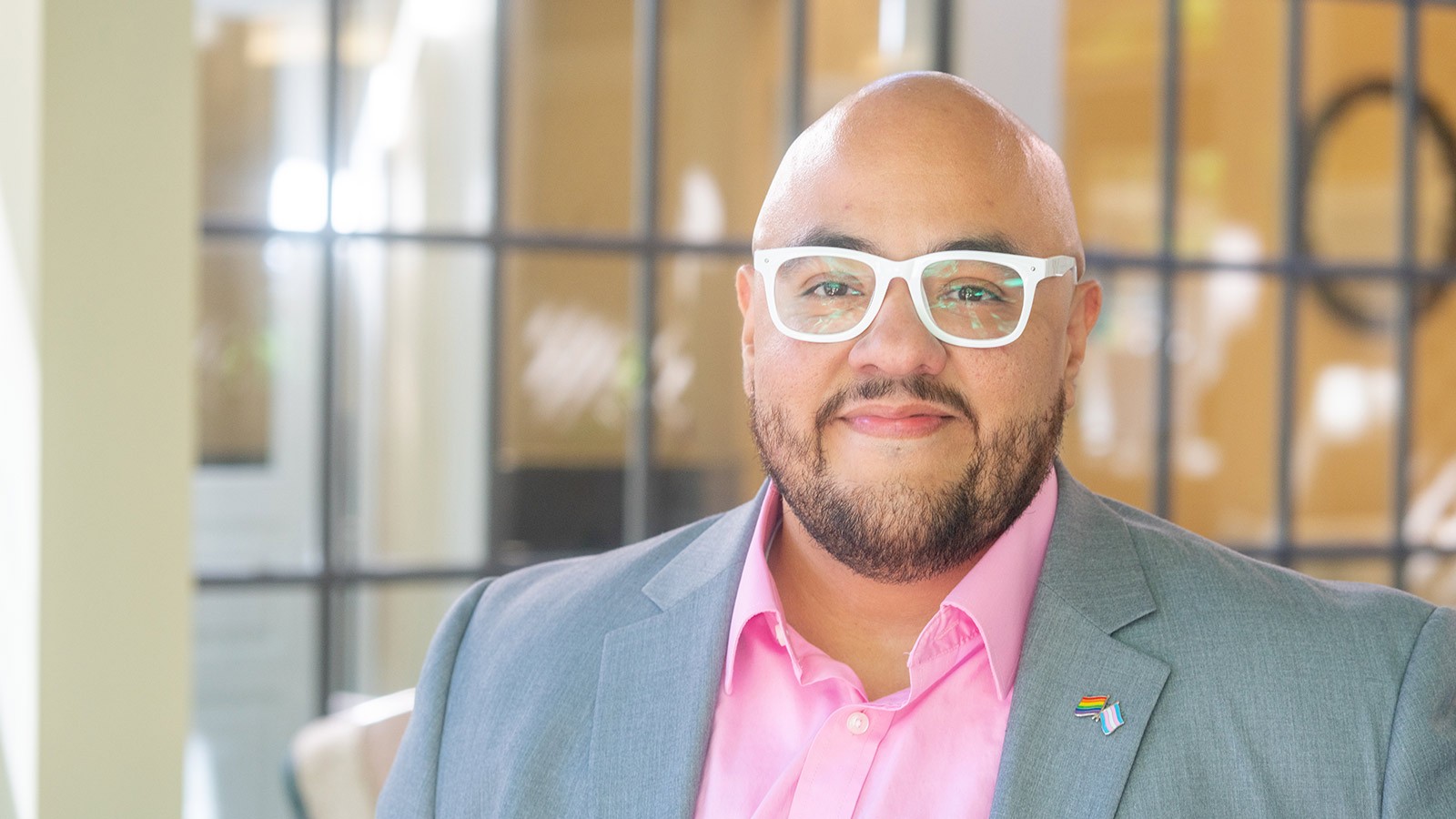Celebrating Pride: Understanding Factors Impacting Outcomes for Trans-Identified Workers and Students
To celebrate Pride Month in June, a Utah State Today series is highlighting university employees and students who are conducting research, academic pursuits and other projects related to or that benefit the LGBTQIA+ community.
Mario I. Suárez
Assistant Professor of Cultural Studies, School of Teacher Education and Leadership
- Area of study: Curriculum and Instruction, Queer and Transgender Studies in Education
Why is this work important?
“When we are able to more accurately identify factors leading to outcomes for trans students and workers, we can equip educators, administrators and other school district stakeholders with the information needed to make decisions about a part of the student body and workforce they may not be serving. I strongly believe that more accurately measuring of gender identity in research is important — leaving out these gender identities results in our invisibility.”
Summary of research:
Mario Suárez is collaborating with Harper Keenan at the University of British Columbia, Mollie McQuillan at the University of Wisconsin-Madison and doctoral student Lee Iskander at the University of British Columbia on a research project centering the working conditions of trans-identified workers in education, e.g., teachers, librarians, staff, administration, etc. The team designed one of the first large-scale surveys in this particular field to identify factors that impact transgender education workers’ retention, job satisfaction, and job-related health in the United States and Canada. They are exploring questions related to the way location, benefits and the type of work impacts job satisfaction. The research team hopes that this data can influence administrative policy changes pertaining to transgender workers, making it possible for teachers and other workers in the educational system to be themselves, thrive and serve in their communities.
Suárez is also collaborating with Jason Garvey, an associate professor, and doctoral student C.V. Dolan, both at the University of Vermont, where they are using minority stress theory to identify factors that relate to young transgender adults’ college attainment. Data from the 2015 U.S. Trans Survey, the largest of its kind in the United States, covers a wide range of topics. Suárez and his colleagues narrowed their data set to the ages of 18-24 and examined retrospective questions about K-12 experiences to determine which external factors or stressors related to trans individuals attending and graduating from college.
Suárez is also beginning a smaller-scale project to study the educational experiences and outcomes for trans Latin* (Latiné/a/o/x) youth and their parents. Data on young trans people of color, specifically Latinx trans youth, is very limited. As a transgender individual who grew up in a Mexican-American household, Suárez has intersecting experiences and perspective on this topic.
Learn more about Suárez
CONTACT
Emilie Wheeler
News Director
University Marketing and Communications
435-797-0744
emilie.wheeler@usu.edu
TOPICS
Research 878stories Education 332stories Diversity & Inclusion 251stories LGBTQIA+ 45storiesComments and questions regarding this article may be directed to the contact person listed on this page.







